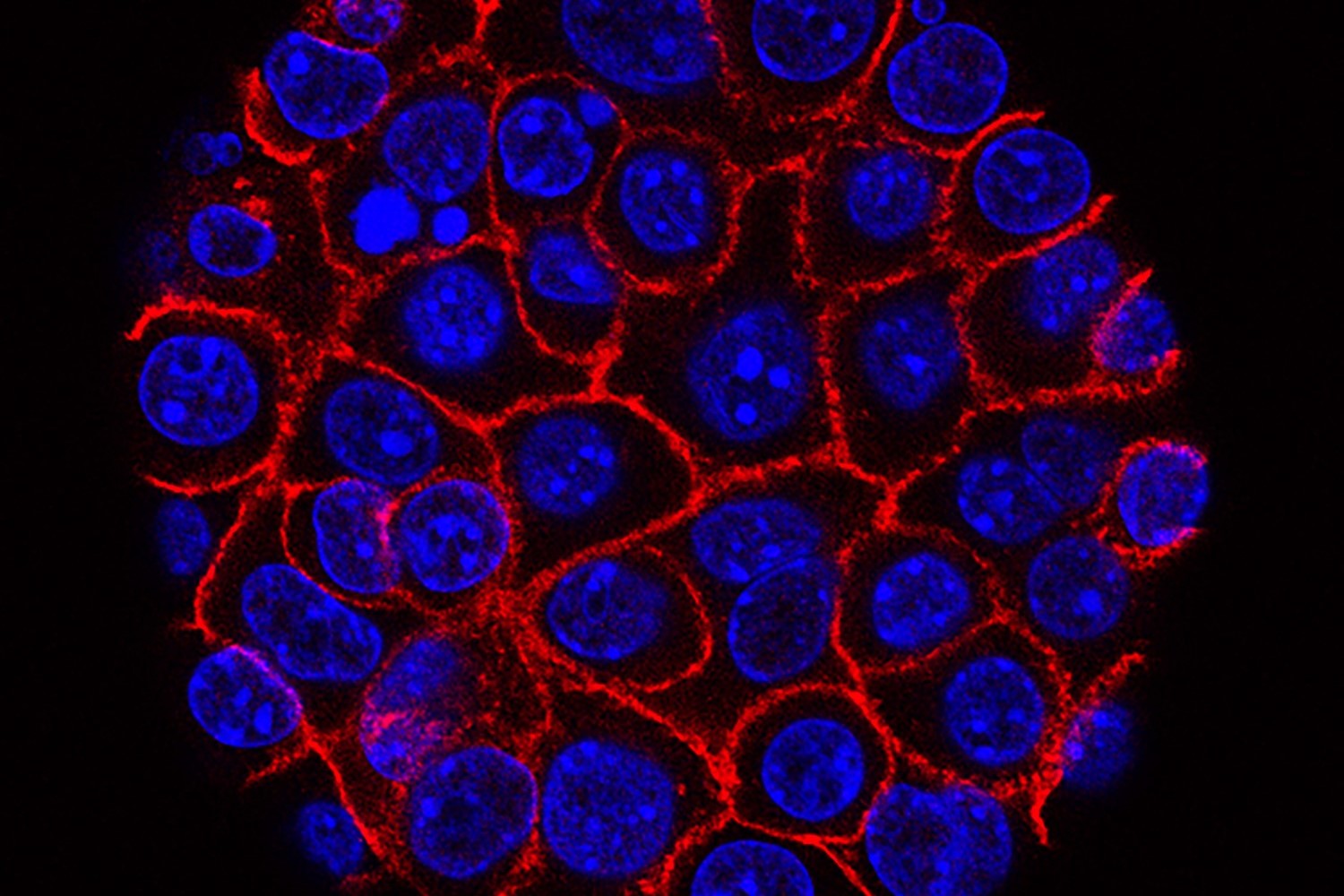
Cancer immunotherapy’s scope is expanding with drugs that take new approaches to target more types of immune cells. ImCheck Therapeutics’ contribution is a type of drug that could bring advantages over the first generation of cancer immunotherapies. Now the biotech has €96M that will help continue clinical development of its lead therapeutic candidate and build up a pipeline of additional programs that go beyond cancer.

Behavioral Health, Interoperability and eConsent: Meeting the Demands of CMS Final Rule Compliance
In a webinar on April 16 at 1pm ET, Aneesh Chopra will moderate a discussion with executives from DocuSign, Velatura, and behavioral health providers on eConsent, health information exchange and compliance with the CMS Final Rule on interoperability.
ImCheck is developing antibody drugs that target butyrophilins, a family of proteins that is expressed on immune cells. The approach of the Marseille, France-based company involves generating antibodies for each member of this family to either activate or inhibit different types of immune cells. The technology can be applied to infectious diseases and autoimmune conditions, but cancer is the biotech’s initial focus.
According to ImCheck, its activating antibodies may be able to offer better results compared to the first-generation of checkpoint inhibitors, a type of cancer immunotherapy comprised of antibodies that block a so-called checkpoint protein that stops immune cells from recognizing tumors. But ImCheck isn’t entirely dismissing the checkpoint drug class. The company adds that the combination of its drugs with checkpoint inhibitors may be able to overcome the resistance that cancers can develop to checkpoint blockers.
The most advanced ImCheck drug candidate, ICT01, is an antibody designed to activate gamma delta T cells. The company says this drug modulates both innate and adaptive immune responses. The drug entered the clinic in 2020. With the new capital, ImCheck plans to continue Phase 2 development of the drug, including tests in solid tumors and blood cancers. The company also plans to complete a test of that drug in combination with a checkpoint inhibitor in multiple solid tumors. Other combinations are in the works, including one that pairs this lead ImCheck antibody with a cytokine therapy, specifically IL-2.
ImCheck has competition in the chase for buytrophilin-drugging antibodies. Lava Therapeutics is also developing antibodies that target these proteins to activate gamma delta T cells. The Netherlands-based biotech says that this activation releases molecules that kill cancer cells and also produce signaling proteins called cytokines that further the immune response by recruiting other immune cells to the fight.

A Deep-dive Into Specialty Pharma
A specialty drug is a class of prescription medications used to treat complex, chronic or rare medical conditions. Although this classification was originally intended to define the treatment of rare, also termed “orphan” diseases, affecting fewer than 200,000 people in the US, more recently, specialty drugs have emerged as the cornerstone of treatment for chronic and complex diseases such as cancer, autoimmune conditions, diabetes, hepatitis C, and HIV/AIDS.
Lava’s most advanced drug candidate, LAVA-051, targets a protein expressed by tumors called CD1d. It’s currently in Phase 1 testing for blood cancers including chronic lymphocytic leukemia, multiple myeloma, and acute myeloid leukemia. The company also aims to take this approach to solid tumors. The next most-advanced program in the Lava pipeline, LAVA-1207, is in Phase 1/2 testing in prostate cancer.
Meanwhile, Shattuck Labs is developing fusion proteins intended to activate gamma delta T cells. Others are trying to turn these immune cells into cell therapies. Companies taking this approach include Adicet Bio and In8Bio. All three companies have reached early clinical development.
Since its inception, ImCheck says it has raised €154 million total (about $160.5 million). The company’s latest financing announced Monday breaks down to an €80 million (about $86 million) Series C round that was co-led by Earlybird and Andera Partners. In addition, ImCheck announced €16 million (about $17.2 million), which is the last tranche of a Series B financing converted in Series C shares.
Invus and The Leukemia & Lymphoma Society Therapy Acceleration Program joined the latest round as new investors. Others participating in the round include earlier investors the Growth Opportunity Fund of founding investor Kurma Partners, Eurazeo, Gimv, EQT Life Sciences, Boehringer Ingelheim Venture Fund, Pfizer Ventures, Bpifrance, Wellington Partners, Agent Capital, Pureos Bioventures, and Alexandria Venture Investments participated.
Public domain image by the National Cancer Institute












